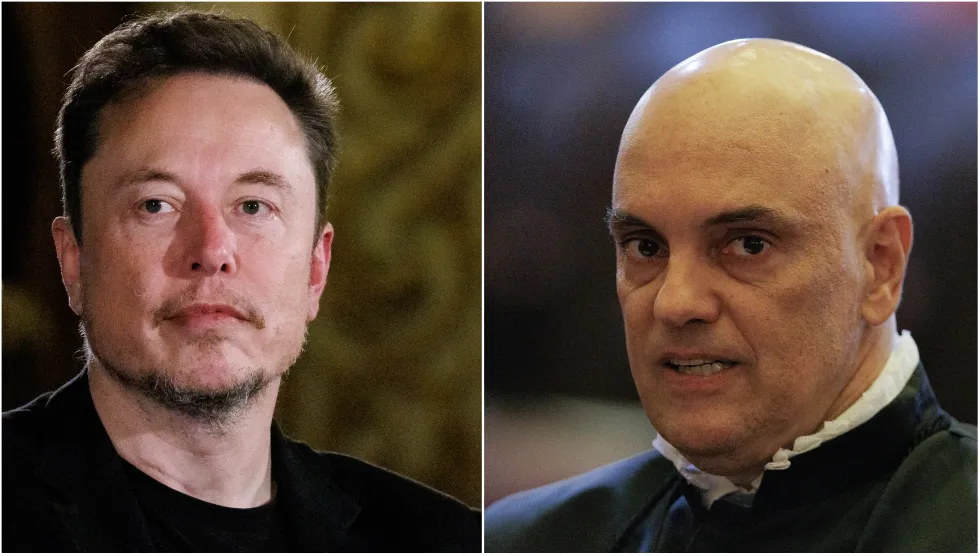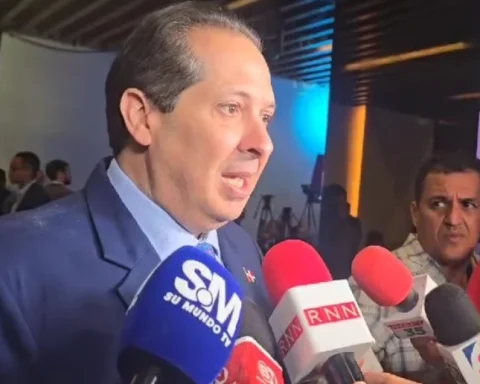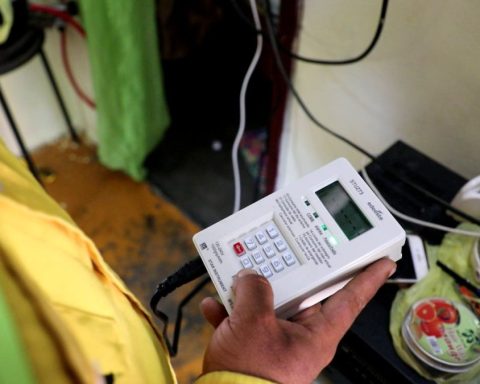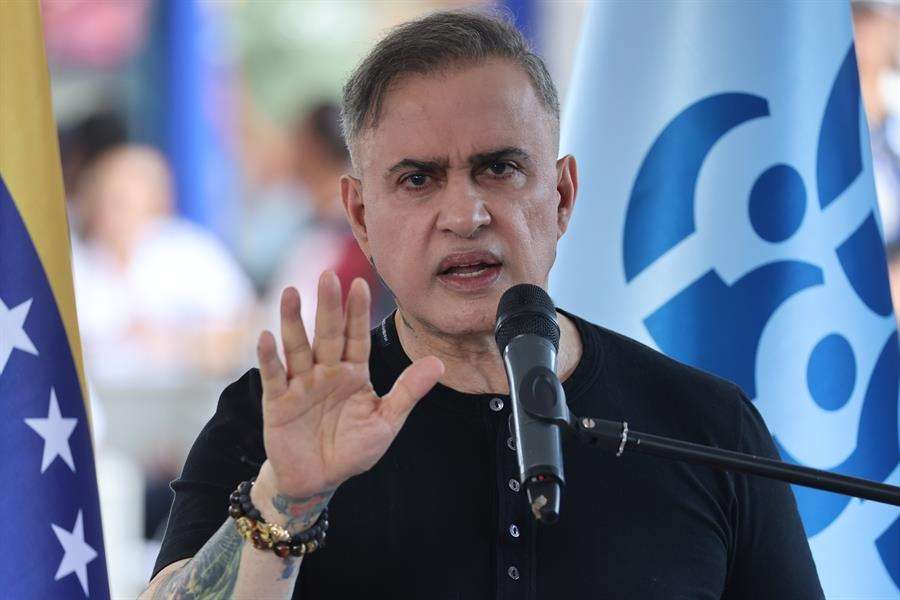On August 17, Elon Musk decided to close the offices of its X platform in Brazil cas a response to a court order of the Supreme Federal Court of the country. The Judge Alexandre de Moraes had issued a measure that required the suspension of several accounts on the social network, with the threat of arrest for the legal representative of X in Brazil if the order was not complied with.
The confrontation between Musk and Judge Moraes has intensified in the last days. Moraes, known for his firm stance against disinformation and hate speech on social networkshas requested the suspension of accounts that, in its opinion, spread content that threatens the Brazilian democracy. These measures have generated a strong reaction from Musk, who has accused the judge of censorship and restricting conservative voices.
The X mogul quickly wrote on his own social network account: “The decision to close the X office in Brazil was difficult, but, if we had agreed to the (illegal) demands of secret censorship and delivery of private information from @alexandre, there would be no way to explain our actions without embarrassing ourselves.”
Who is Alexandre de Moraes?
He Judge Moraes It is a polarizing figure in Brazilespecially among right-wing supporters who oppose his decisions. Moraes has issued Several orders to block accounts which it considers linked to the dissemination of disinformation, mostly in relation to former President Jair Bolsonaro and his followers. These actions have been defended by Moraes as necessary to protect Brazilian democratic institutions.
He closure of X’s office in Brazil can be interpreted as a strategy to make compliance with the judicial decisions. In a highly polarized electoral environment, where candidates are aligned with the Former President Jair Bolsonaro or with the current president Luiz Inacio Lula da Silvathe actions of Musk’s actions are seen as an act of political resistance.more than a simple legal dispute.
Intimidation through social networks
The Brazilian government has taken an unprecedented step by issuing a summons to Elon Musk via social media, setting a milestone in the way countries are using these platforms to enforce the law.
The notice, posted on the Supreme Court’s official Twitter profile on X, demands that Musk appoint a new legal representative in Brazil within 24 hours, failing which they face suspension from the platform in the country. This approach underscores a new trend in global jurisprudence, where social media not only serves as a means of communication, but also as tools for the enforcement of court decisions and government regulations.
This fact marks an important precedent in the development of the jurisprudence rrelated to social media, demonstrating how governments can use these platforms to impose sanctions and legal guidelines.
By making the summons public through X, Brazil is sending a clear message about the growing intersection between technology, law and public administration. This event could inspire other nations to adopt similar measures, thus setting a new standard in regulation and law enforcement in the digital age.

















